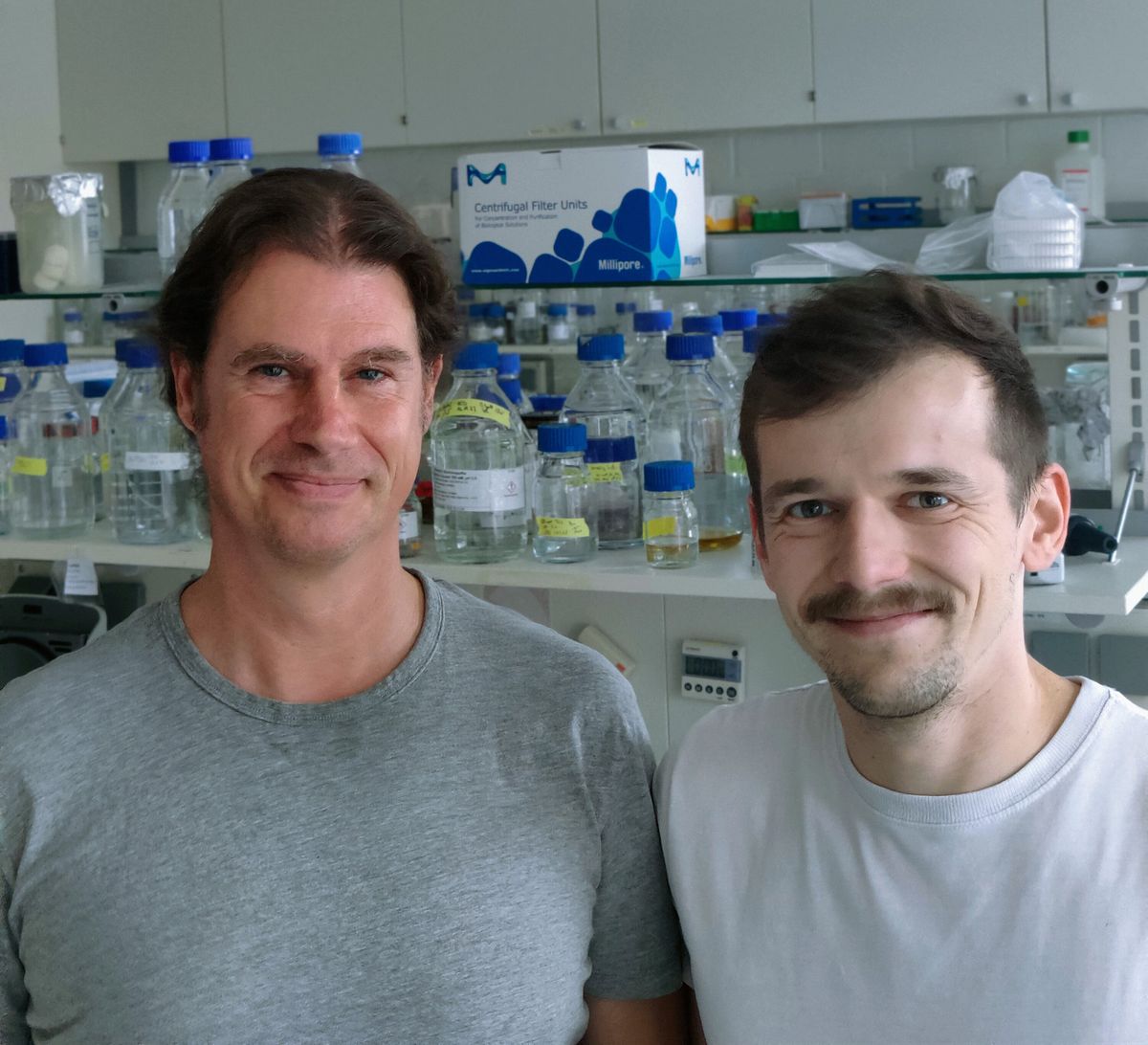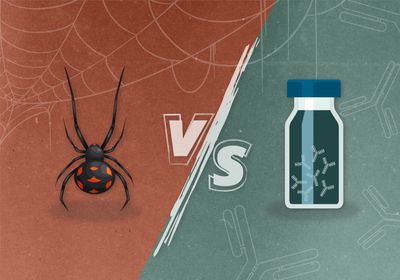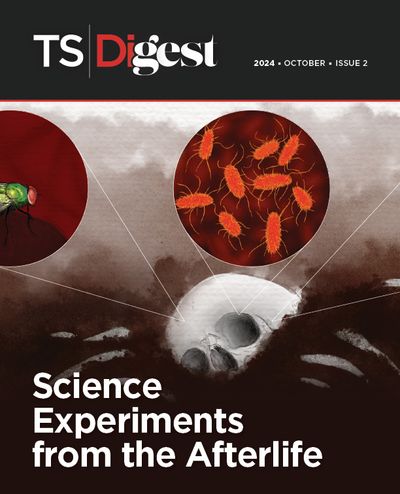Antibody Potion Against Black Widow's Bite
Scientists brewed recombinant human antibodies that take the sting out of the European black widow’s toxin.

The thought of black widow spiders is enough to send chills down one’s spine. Their painful bites contain a cocktail of chemicals, primarily the highly conserved alpha-latrotoxin (α-LTX). This toxin induces latrodectism, an illness causing severe pain. Horse-derived antibodies treat these bites but cause serious allergic reactions, prompting biologist Michael Hust from the Technical University of Braunschweig to seek safer alternatives.
“The main problem is that latrodectism is considered a low-incidence disease, and [horse antisera] is a good enough therapy,” said Maximilian Ruschig, a graduate student in Hust’s group. Despite the adverse reactions, “It’s difficult to replace a working product with a new and better product,” said Hust.
The team turned to human antibodies to minimize these risks and enhance treatment effectiveness. Their study, published in Frontiers in Immunology, reported human antibodies that neutralized the toxin of European black widow spiders (Latrodectus tredecimguttatus), offering potential candidates for developing therapeutics.1
Hust’s team used antibody phage display to select antibodies against α-LTX from a library with more than 10 billion different recombinant antibodies. Then, Ruschig developed a cell-based assay to test their effectiveness against α-LTX’s cytotoxic effects. He found that 45 of the 75 generated antibodies bound and neutralized α-LTX.
Next, the researchers tested their top candidates against α-LTX from a different Latrodectus species to study their cross protection. “What stood out was that they also looked at cross-reactivity,” said Andreas Laustsen-Kiel, a bioengineer at the Technical University of Denmark, who was not involved in the study. “They took this notion that it’s important to make a broadly neutralizing antibody.” However, the team was surprised to find that only two out of 14 antibodies cross-neutralized between the whole venom of European and Southern black widows, suggesting structural differences in α-LTX that require further investigation.
Nevertheless, the team believes these engineered antibody candidates could aid in developing effective human-derived antivenom against Latrodectus species, weaving a new web of hope for black widow bite victims.
- Ruschig M, et al. Front Immunol. 2024;15:1407398.


